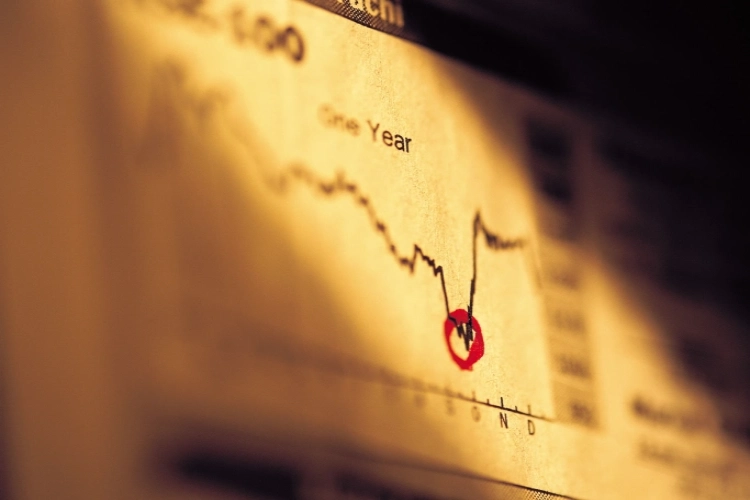What dictates the price of oil Oil prices are a complex and constantly changing landscape that can be overwhelming to navigate, especially if you’re not familiar with the industry. But, have no fear. Most investors either follow WTI or Brent crude. WTI (West Texas Intermediate) and Brent crude are two common benchmarks used in the oil industry to track prices. WTI is a type of light crude oil that is produced in the United States, while Brent crude refers to oil from specific oil fields in the North Sea and is used as an international benchmark for oil prices.
If you’re not an oil analyst, it may seem like a lot to keep up with, but regardless of which of those contracts you follow, the gist is the same: both oil prices are influenced by three major factors—supply, demand, and geopolitics.
Supply
Supply has historically been determined by countries that are part of the Organization of the Petroleum Exporting Countries (OPEC), but now the United States is playing a bigger role in supply thanks to the booming production from American shale fields. So, if major oil-producing countries are pumping out a lot of oil, the supply will be high—just look at what happened in 2014, when OPEC pumped more than the world could consume. OPEC was largely blamed for the free fall in oil prices because it refused to cut down its production, but OPEC said that US shale drillers were to blame for pumping too much and that they should cut their production first.
In 1973, the world was shocked by the dramatic turn of events in the oil industry. The Arab members of OPEC, which included some of the world’s largest oil-producing countries, put an embargo on the United States. This move was in response to the US’ support of Israel during the Yom Kippur War.
The embargo had a significant impact on the US economy, particularly on the oil industry. The oil supply in the country was suddenly so scarce, and the demand was so high, that the price of oil skyrocketed. This led to widespread panic and chaos, as drivers lined up for hours at gas stations, hoping to get their hands on what little gasoline was available.
Gas stations began rationing gasoline, with each driver being allowed only a limited amount each week. This caused widespread frustration and anger, as people struggled to get to work, school, and carry out their daily tasks. The economy took a major hit, as businesses struggled to keep up with the rising cost of fuel, and unemployment rates skyrocketed.
Despite these difficulties, the US managed to weather the storm, and eventually, the embargo was lifted. But the events of 1973 serve as a stark reminder of the power that the oil industry holds, and the impact it can have on global politics and economics.
Demand
Demand for oil is a driving force in the energy industry, with a strong connection to economic growth. As our world becomes more industrialized and as economies grow, the demand for oil increases as it’s used to meet the needs of heat, electricity, and transportation.
But with the rise of renewable energy, the demand for oil may see a shift. The market’s reaction to alternative energy sources is crucial in determining the future of the oil industry. Will traditional fossil fuels be replaced by clean, sustainable options? Only time will tell, but one thing is for sure, the energy market is rapidly evolving and the demand for oil is at the center of this transformation.
Geopolitics
Geopolitics play a significant role in the global oil market, influencing the supply and price of this precious commodity. Big oil-producing countries hold the key to the stability of the supply chain and any major conflict or war in these regions can have a significant impact on the market.
Remember the invasion of Iraq in 2003? The uncertainty and instability in the region caused oil prices to skyrocket, leaving traders scrambling to figure out what the future held for the global oil supply. Fast forward to present day, President Trump’s withdrawal from the Iran nuclear deal and the restoration of sanctions on Iran’s oil exports once again had the market in a frenzy. Oil prices reached three-and-a-half-year highs as traders tried to predict the impact of these sanctions on the global oil supply.
Geopolitical events have the power to shake up the oil market, causing prices to fluctuate. But it’s not all doom and gloom, as these challenges also open up opportunities for innovation and progress in the energy industry. The oil market is constantly evolving and adapting to global events, and it’s always exciting to see where it will go next.
Market geopolitics and the environment—the energy industry is sure to evolve, and it remains to be seen what role oil will play in the future. But for now, the oil markets remain a powerful force in the world of economics, geopolitics, and your commuting budget.

 Understanding The Gold Volatility Market
Understanding The Gold Volatility Market